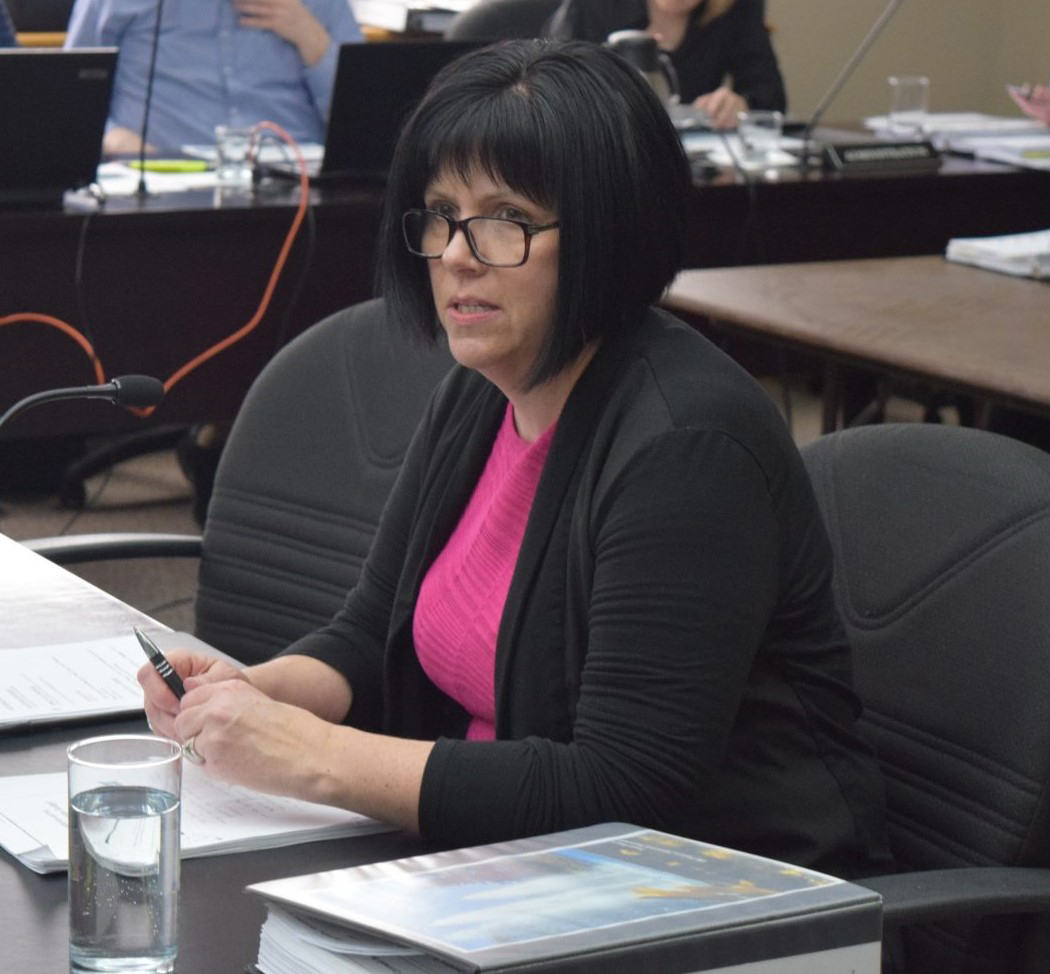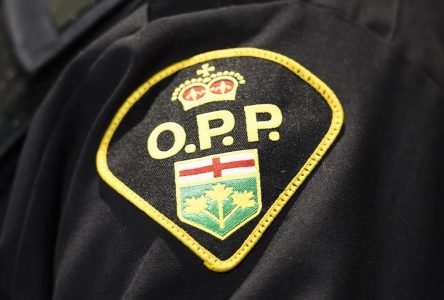The COVID-19 pandemic has helped to create a $500,000 deficit for the City of Cornwall this year, unless its financial situation improves before the end of the year.
Financial services GM Tracey Bailey will present this preliminary projection to city council at this Monday’s regular council meeting.
Although a hefty spill of red ink, the city could mop up most or all of it before the end of the year.
This is because the city could tap into a new fund provided by the federal government, through its new Safe Restart Agreement with Ontario that was announced July 16. The agreement would allocate up to $4 billion to help the province’s 444 municipalities.
Up to $2 billion of the agreement is earmarked to offset municipal operating expenses, while the remaining $2 billion is to assist with public transit.
“The City is hopeful that this funding will meet the level required to resolve the budget shortfall and looks forward to further details on the funding allocations in the coming weeks,” Bailey says in a report to council.
An infusion of money is needed for transit operations. Ridership at Cornwall Transit has dropped to 1,700 from 2,700 during weekdays and to 900 from 1,700 on Saturdays. Fares were also eliminated to keep drivers and passengers at safe distances.
On the plus side, the combined sewer and water budgets are $125,000 in the black.
In the meantime, Bailey reports the city has a “limited” amount of money banked to manage “the financial unpredictability resulting from the (pandemic).”
Although these financial reserves are accessible, council is required to pay back the following year whatever the city takes out in 2020.
In her report, Bailey cites a number of factors that led to the $500,000 deficit, which is reflected in the second quarter financials, ending June 30.
“The most significant impact on City finances is related to loss of revenues which is partially offset by savings in expenditures due to reduced levels of service and lower than planned fuel prices,” she reports.
As part of the community’s fight to offset loss of income, the city deferred property tax payments and interest charges. Interim property taxes were deferred 45 days. Final instalments of July 31 and Aug. 31 were extended to Aug. 31 and Sept. 30, respectively.
Also, monthly interest and penalty charges for April, May and June were waived on what was owed on all tax and water bills.
This drop of revenue didn’t affect the city’s cash balances, however. The city made up the difference by keeping money it collects in education property taxes. This revenue is normally transferred to local school boards (which didn’t require the funds after closing for the rest of the school year).
Also, the city did not make payments to the Municipal Property Assessment Corporation.
It also received all of its federal gas tax revenue for the year ahead of time in June.
Another lesser factor is a drop in investment revenue the city receives. This is still ongoing after the Bank of Canada lowered and has maintained its lending rate at 0.25 percent. Central banks have followed accordingly by dropping their rates.
While dealing with less revenue, the city also had to purchase more PPE, cleaning supplies and equipment; spend more money on public information through advertisements and signage; and buy and install barriers for customer service counters.
The city did receive provincial funding to boost a wide range of services and supports for residents made vulnerable by the pandemic. Bailey indicates the province will continue to ensure that funding is available to overcome pandemic-influenced budget shortfalls.
Bailey’s report also speaks to a number of pandemic impacts on tourism, parking enforcement and recreation.
Caption: Financial services GM Tracy Bailey will be presenting a report second quarter finances. (Seaway News file photo)



